Journal Boards
EDITOR
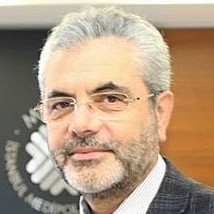
DEPUTY EDITOR

SENIOR EXECUTIVE EDITOR (HEALTH LAW)

English
SENIOR EXECUTIVE EDITORS (HEALTH INFORMATICS)
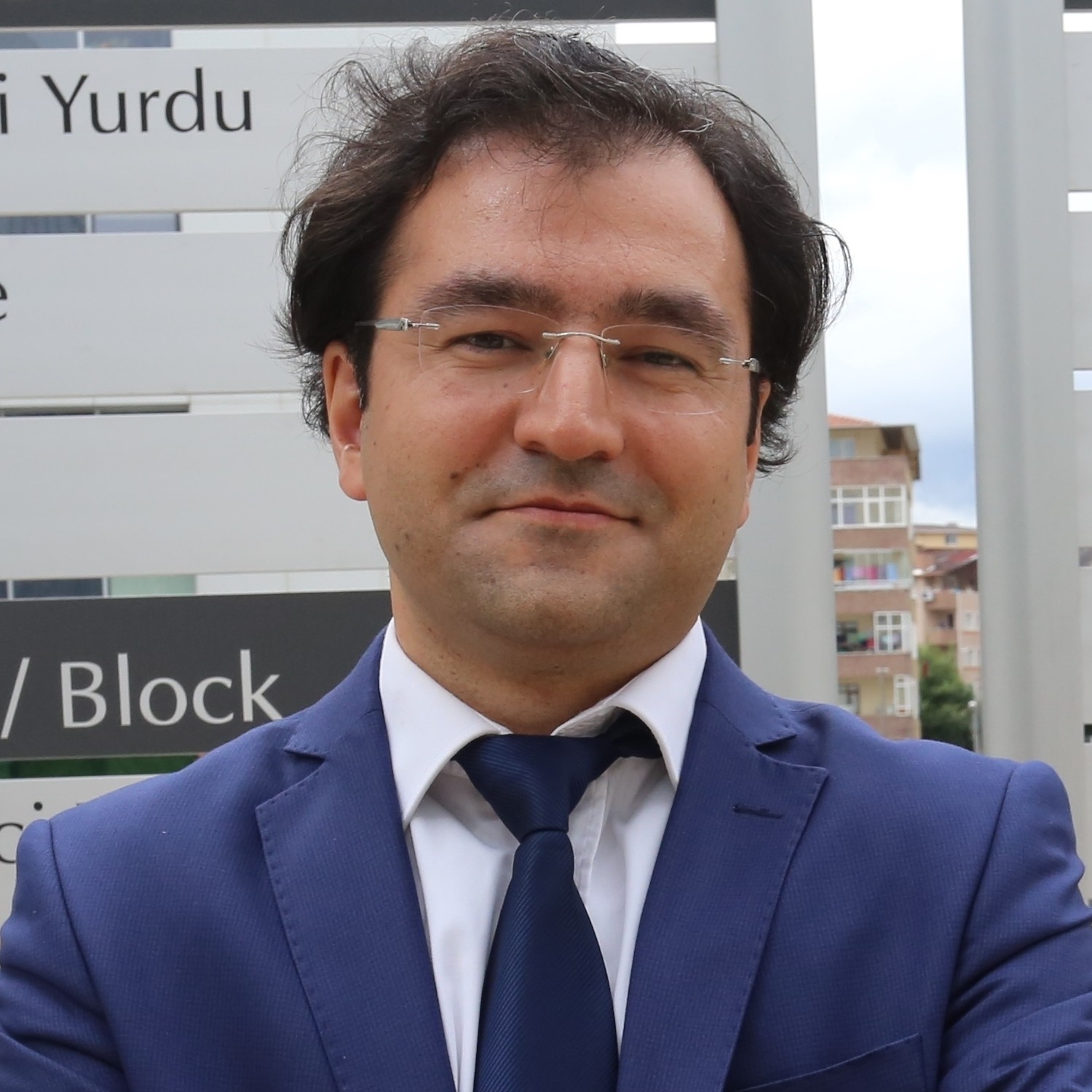
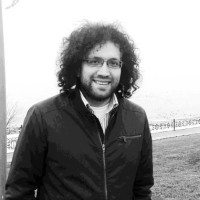
SENIOR EXECUTIVE EDITOR (PUBLIC HEALTH)
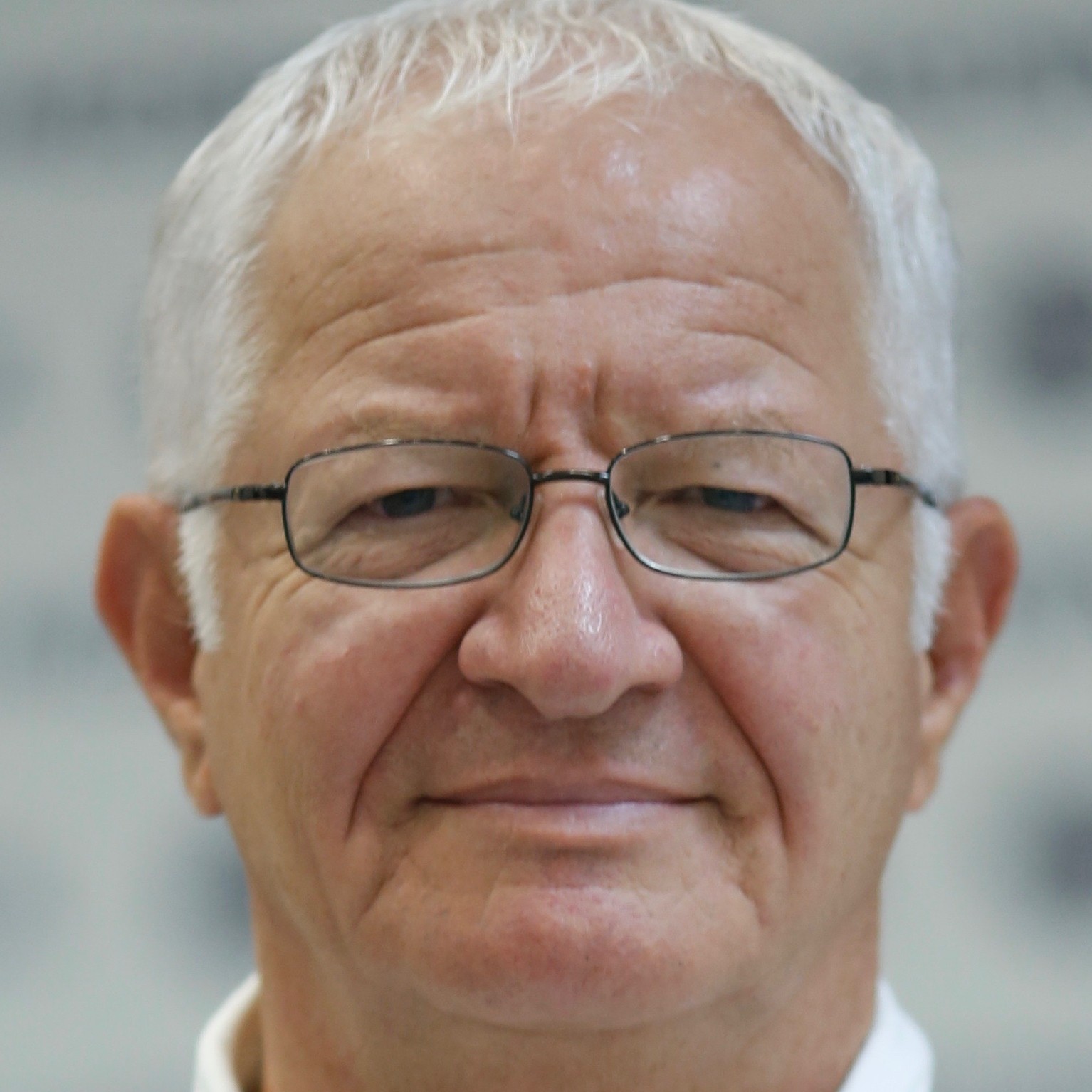
SENIOR EXECUTIVE EDITOR (MEDICAL ETHICS)
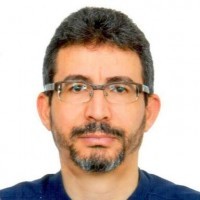
SENIOR EXECUTIVE EDITORS (HEALTH MANAGEMENT)
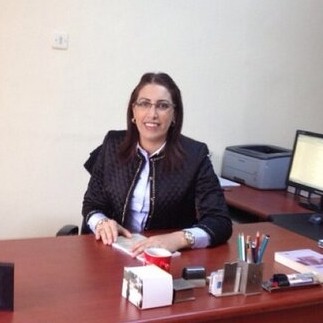
SENIOR EXECUTIVE EDITOR (HEALTH SYSTEMS ENGINEERING)

SENIOR EXECUTIVE EDITOR (HEALTH ECONOMICS)
MANAGEMENT TEAM

BIOSTATISTICS EDITOR

LANGUAGE EDITOR

ADVISORY BOARD

https://depts.washington.edu/healthms/people/enis-baris/
email: ebaris@uw.edu
Te; +1-206-889-0355

Dr. Mehmet Kocak earned his MSc degree in applied statistics from Michigan State University and a Ph.D. in applied statistics from the University of Memphis. He has been a study biostatistician for numerous Phase-I and Phase-II brain tumor clinical trials conducted by St. Jude Children’s Research Hospital from 2002-2011 and by Pediatric Brain Tumor Consortium (PBTC) from 2002-2021. Dr. Kocak also joined the Department of Preventive Medicine at the University of Tennessee Health Science Center (UTHSC) in 2011 and supported clinical and observational studies conducted by the institute. Since 2021, he has been the professor of Biostatistics in the International School of Medicine at Istanbul Medipol University, in addition to being the chair of the department of Biostatistics and Medical Informatics and the director of the Biostatistics and Bioinformatics Analysis Unit. His areas of research have been time-course gene expression data analysis, a meta-analysis of p-values, Phase-I/II/III clinical trial design, Survival analysis, and categorical data analysis. He is an expert in the SAS programming language and Statistical Simulations and Graphics.
Cengizhan Öztürk (MD, Marmara University School of Medicine, 1984; PhD, Biomedical Engineering, Drexel University, 1997) completed his postdoctoral studies at the Medical Imaging Laboratory of Johns Hopkins University (JHU MIL). He joined Boğaziçi University’s Institute of Biomedical Engineering as a faculty member in 2000. Between 2002 and 2008, he worked as a visiting scientist at the National Institutes of Health (NIH, NHLBI - National Heart, Lung, and Blood Institute). In addition to his ongoing medical imaging-focused research projects, his recent work emphasizes the development of novel imaging systems and biomedical devices in Turkey, aligned with the principles of “democratizing and making research accessible” (https://xlab.boun.edu.tr).
Between 2008 and 2013, Prof. Cengizhan Öztürk served as the coordinator and later as the founding director during the establishment phase of the Center for Life Sciences and Technologies at Boğaziçi University (Boğaziçi LifeSci, https://lifesci.boun.edu.tr). Its Medical Device Development Laboratory operates an ISO13485 accredited Cleanroom dedicated for in vivo medical devices. Boğaziçi LifeSci’s additional infrastructure include Animal Care and Production Unit (Vivarium), Test-Analysis Unit and a newly established Preclinical Imaging Unit. Boğaziçi LifeSci is currently in its second major development phase, focusing on Targeted Therapy Technologies. It will become not only an academic Center of Excellence but also a regional hub for its translation into clinics and economic value. Since 2014, Dr. Öztürk was working as the founding coordinator of Istanbul Health Industry Cluster (ISEK), and as of 2023, he serves as the founding President of the Board of Directors for the newly established ISEK Association (http://i-sek.org). Boğaziçi LifeSci and ISEK support incubation and acceleration programs for MedTech startups at Teknopark Istanbul’s BioCube which provides also ready-to-move-in wet labs and GMP-ready pilot production facilities.
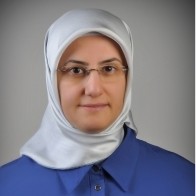

 Türkiye
Web
Türkiye
Web
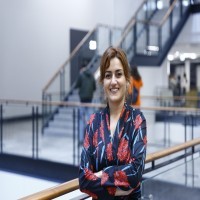

Prof. Chang is Professor for the Medical Informatics School, Chung Shan Medical
University; Department of Information Management, Ming Chuan University, and
president of Medical Decision Science Association of Taiwan. He recently joined the
International Advisory Board of Karadeniz Technical University and Süleyman
Demirel University to support their internationalization mission in 2023.
His research contributions are focuses on clinical studies of specific diseases,
including predicting cancer recurrence and Second Primary Cancer, diagnosing
glaucoma and early chronic kidney disease, and analyzing posttraumatic growth and
health behavior in clinical psychology. For practice issue, his team apply several
innovative information technologies and collaborate across disciplines and countries
around the world. He has published more than 150 peer-reviewed articles in reputed
international journals and conferences.
Prof. Chang have co-founded three international conferences, two AI forums, and
the Medical Decision Science Association of Taiwan with his team members. There are
the International Conference on Medical and Health Informatics (ICMHI) in 2017 [1],
the International Conference on Healthcare Service Management (ICHSM) in 2018 [2],
the Health Big Data, Analytics and Artificial Intelligence Forum (HBAAI) in 2017 [3],
the Joint Executive Board on Medical Informatics Taiwan (JEBMI) in 2018 [4] and the
Medical Decision Science Association of Taiwan (MEDSAT) in 2022 [5], the
International Symposium on Medical Decision Science (ISMDS) in 2023 [6], 2024 [7]
and the Medical Decision Science Association of Mongolia (MEDSAM) [8].
He is the founding Editor-in-Chief of the Decision Science in Medicine. He also an
editor for some interdisciplinary journals, including those in the fields of medicine,
computer science, and management science, include Intl Journal of Medical Sciences,
Open Medicine, Therapeutics & Clinical Risk Management, Intl Journal of
Environmental Research and Public Health, Frontiers in Genetics, Journal of Universal
Computer Science, Intl Journal of Computers and Applications, Journal of Quality,
Journal of Computing Science and Engineering, Intl Journal of Business and Systems
Research, ACM, Intl Journal of Management, Economics and Social Sciences and
Journal of Electronic Science and Technology etc. Details at
https://www.mdsat.org.tw/chichang.pdf

Dr. Jie Huang is a Professor and the director of Emergency Management Research Center at School of Public Health and Emergency Management, Southern University of Science and Technology. He is also an adjunct Research Professor at the Institute of Global Health and Development at Peking University.
Dr. Huang had a long track of interdisciplinary education and research experience in world-renowned institutions, including undergraduate study at Peking University School of Public Health, Master degree studies at Beijing Sport University, University of Michigan School of Information, University of North Carolina Chapel Hill School of Public Health, and a PhD study at University of Cambridge Darwin College and Wellcome Trust Sanger Institute.
Dr. Huang has published over 100 peer reviewed papers in leading scientific journals including Nature, Circulation, Blood, Nucleic Acids Research, etc., with a H-index of 54 and citation >18,000. He published a book “In the Name of Gene” in 2018 (Higher Education Press) and another book “A Brief History of Nucleic Acids” in 2022 (Peking University Press).
Three representative projects led by Dr. Huang are: (1) A project studying the disease spectrum in China and its relation to health life expectancy, founded by National Key Research and Development Program of China; (2) A project studying polygenic risk scores for cardiovascular diseases, funded by China National Science Foundation; (3) A project studying the dynamic prevention and control strategy of COVID-19 for international civil aviation, funded by the Civil Aviation Administration of China.

Yunanistan dogumluyum (Gumulcine-Komotini ).Ilk ve orta eğitimi Yunanistan'da tamamladim. Istanbul Tip Fakültesi 1985 mezunuyum. ayni fakültenin Genel Cerrahi Anabilim dalinda ihtsasimi 1991 yılında tamamladim .25 yıldır Ingilterede calismaktayim .Ozel calışma alanım ,Meme hastalıkları,(özellikle meme kanseri). Idiopathic Granulomatous ,mastitis baslikli kitabin editörlerinden biriyim . Sağlık sistemleri ve politikalari konusuna özel bir ilgim bulunmaktadir. Calistigim London North West Universiy Healthcare NHS Trust meme unitesinin Clinical Governance Lead 'iyim . Ayni zamanda su anda dünyada ikinci sirada bulunan Imperial College bağlı Imperial College school of Medicine (ICSM) Undegraduate Academic Tutor ve Senior Clinical Lecturer olarak gorev yapmaktayım.
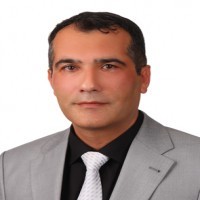

Contents of the Journal of Health Systems and Policies (JHESP) is licensed under a Creative Commons Attribution 4.0 International License.
